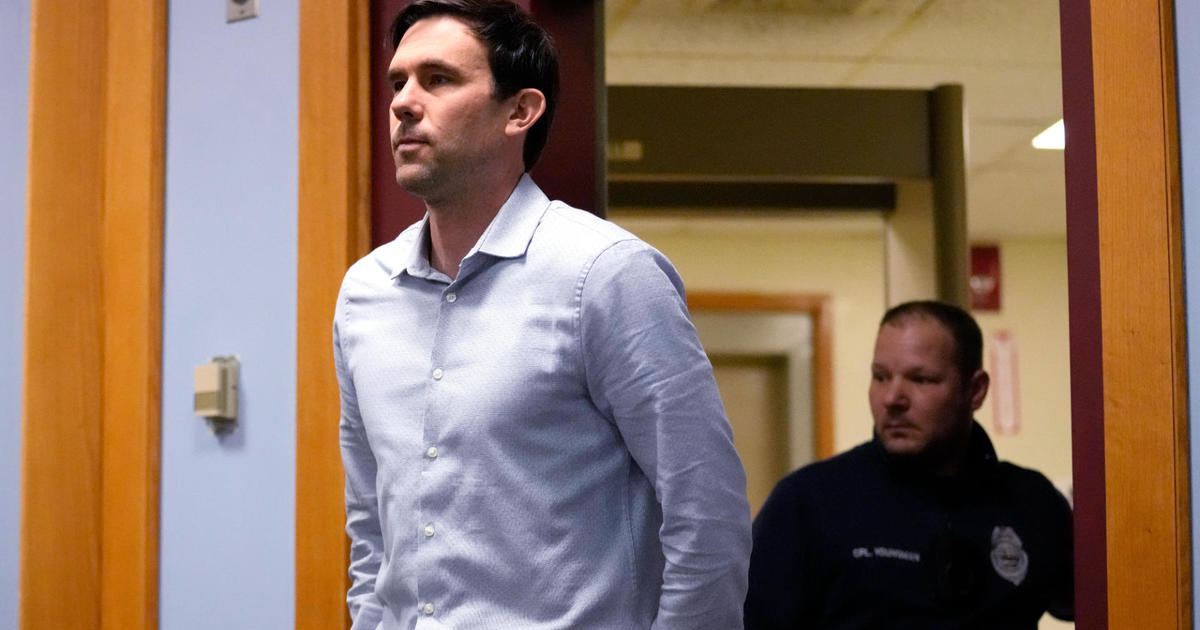One-Way Masking: As Mask Requirements Lift On MBTA, Many Still Choose To Play It Safe
BOSTON (CBS) - People have more options now to mask or not than they have in nearly two years.
The debate over mask mandates has been a contentious one across the country, with the ability to choose being the main sticking point for those against wearing them.
Masks are no longer required in airports, on airplanes, or in most public transportation across the country, including the MBTA.
"I know a lot of people have a lot of opinions on it," said one MBTA rider Wednesday.
"Everyone has their own decision," said another. "Some people decided to keep theirs on; others decided to take theirs off. I am keeping it on."
Many commuters WBZ-TV spoke with Wednesday said they want to continue wearing their masks in crowded public spaces like the T. "One-way masking" is the phrase coined to describe when one person wearing a mask is surrounded by others who are not.
There are questions on what that means for masks' efficacy.
"I would say that you do have a lot of protection if you wear a high-quality mask although we would rather have everyone masking around you also." Dr. Sabrina Assoumou works with infectious diseases at Boston Medical Center and said masks work best when worn by people you are around but offer a strong level of protection if worn alone.
"If you are vaccinated and boosted and are wearing a high-quality mask on the T, I think you have taken the steps to make sure that you are protecting yourself as much as possible."
The CDC studied mask efficacy and the likelihood of a positive test. Through their research, they found a respirator mask, KN95 or higher, makes you 83 percent less likely to test positive for COVID-19 compared to someone without a mask.
Compare that to 66 percent less likely with a surgical mask and 56 percent less likely with a cloth mask.



